In today’s world, the possibility of a biological threat, whether natural or man-made, is a genuine concern. It’s just one of many very real crisis scenarios we need to be ready for. Here are a few tips to help you prepare for a biological threat and keep your family safe.
1. Understand the Types of Biological Threats
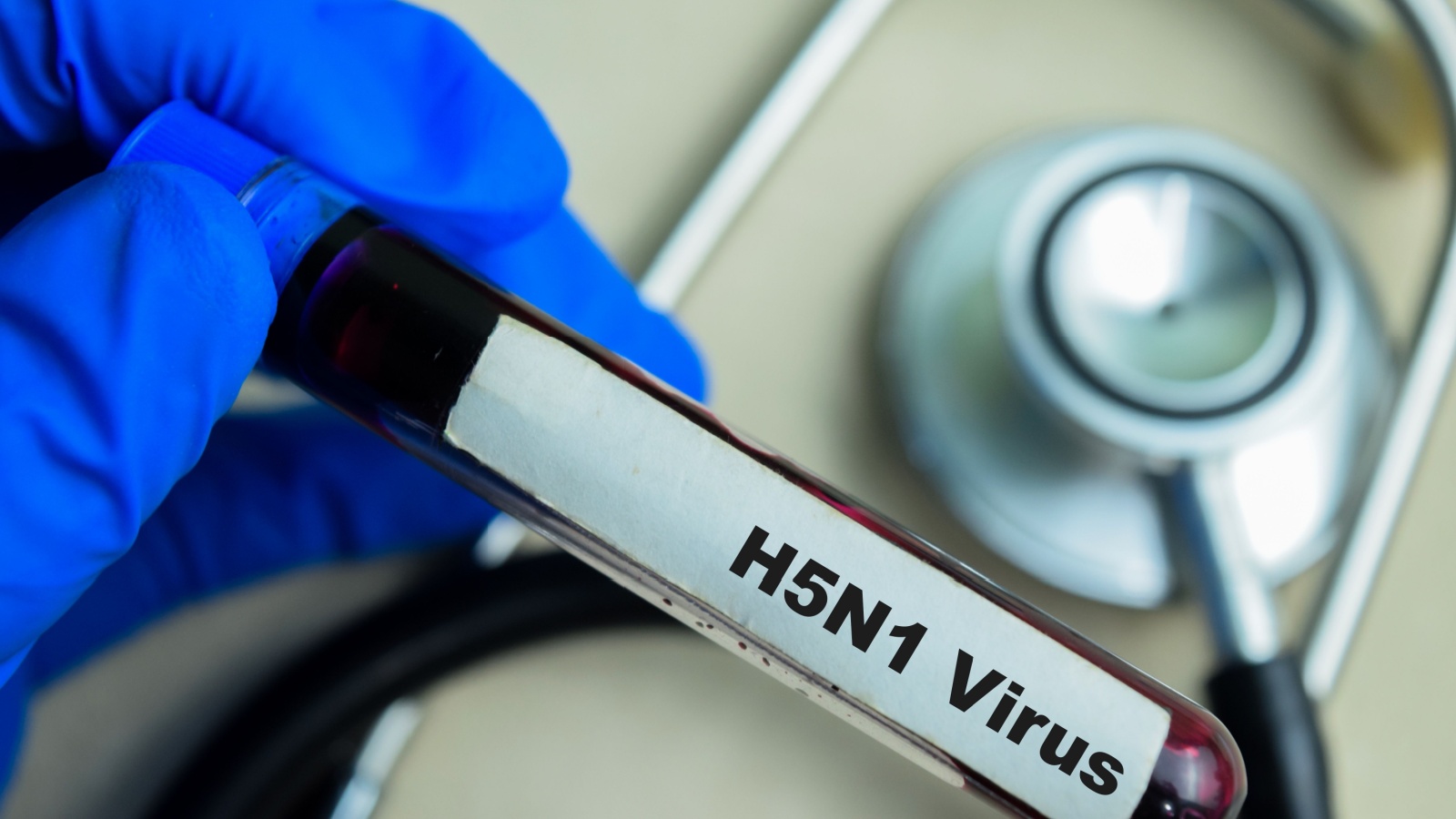
Familiarize yourself with the various types of biological threats, such as bacteria, viruses, and toxins. Learn about the most common biological agents, their symptoms, and how they spread. This knowledge will help you identify a potential threat and take appropriate action.
2. Create an Emergency Plan

Develop a comprehensive emergency plan that includes evacuation routes, designated meeting places, and a communication strategy. Make sure all family members are familiar with the plan and practice it regularly. Having a well-rehearsed plan can save valuable time and reduce panic during a crisis.
3. Build a Robust Food Storage
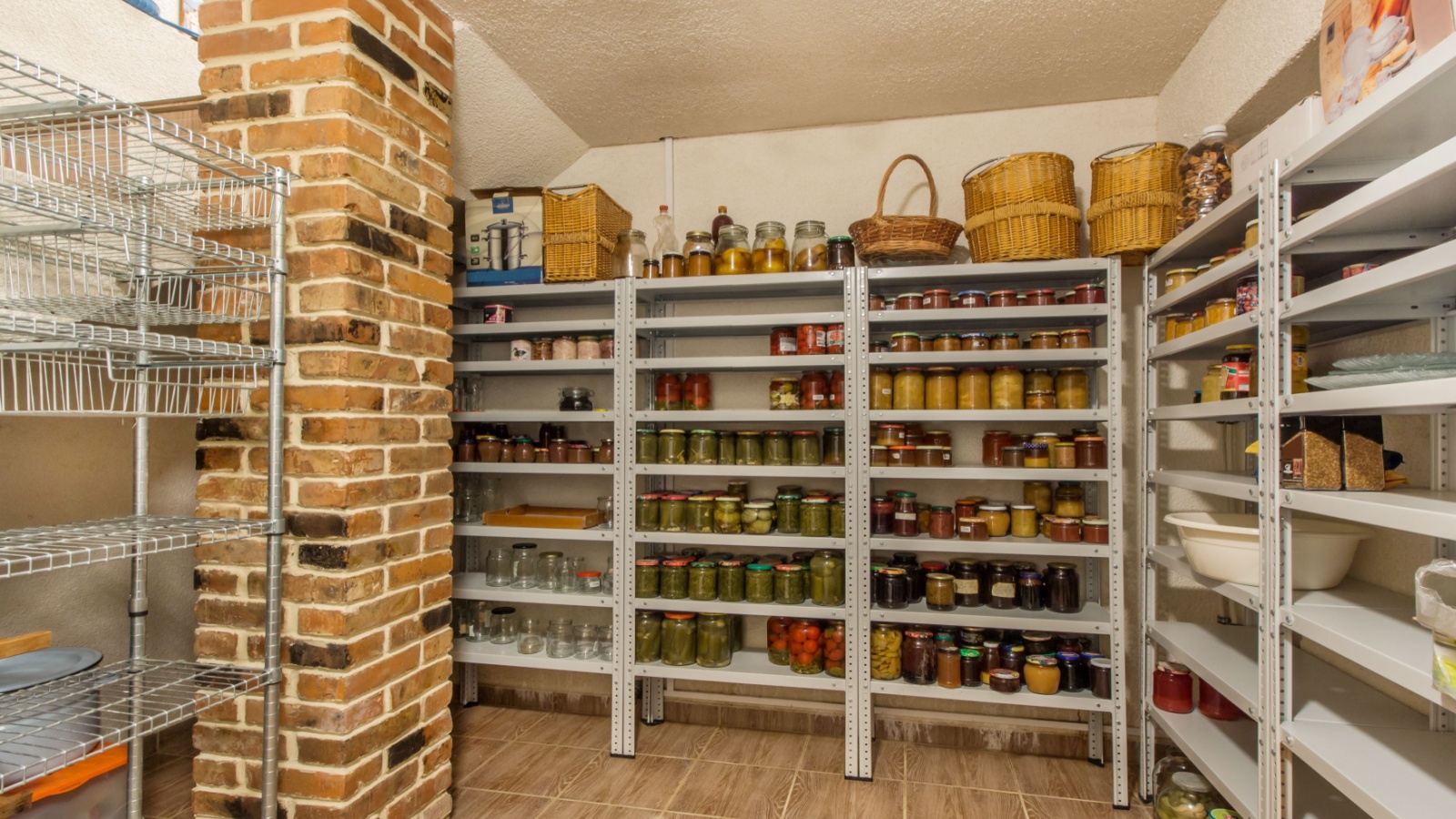
Stock up on non-perishable, nutrient-dense food items that can sustain your family for an extended period. Focus on foods that require minimal preparation and have a long shelf life, such as canned goods, dried beans, and rice. Don’t forget to rotate your food storage regularly to ensure freshness.
4. Store Plenty of Clean Water
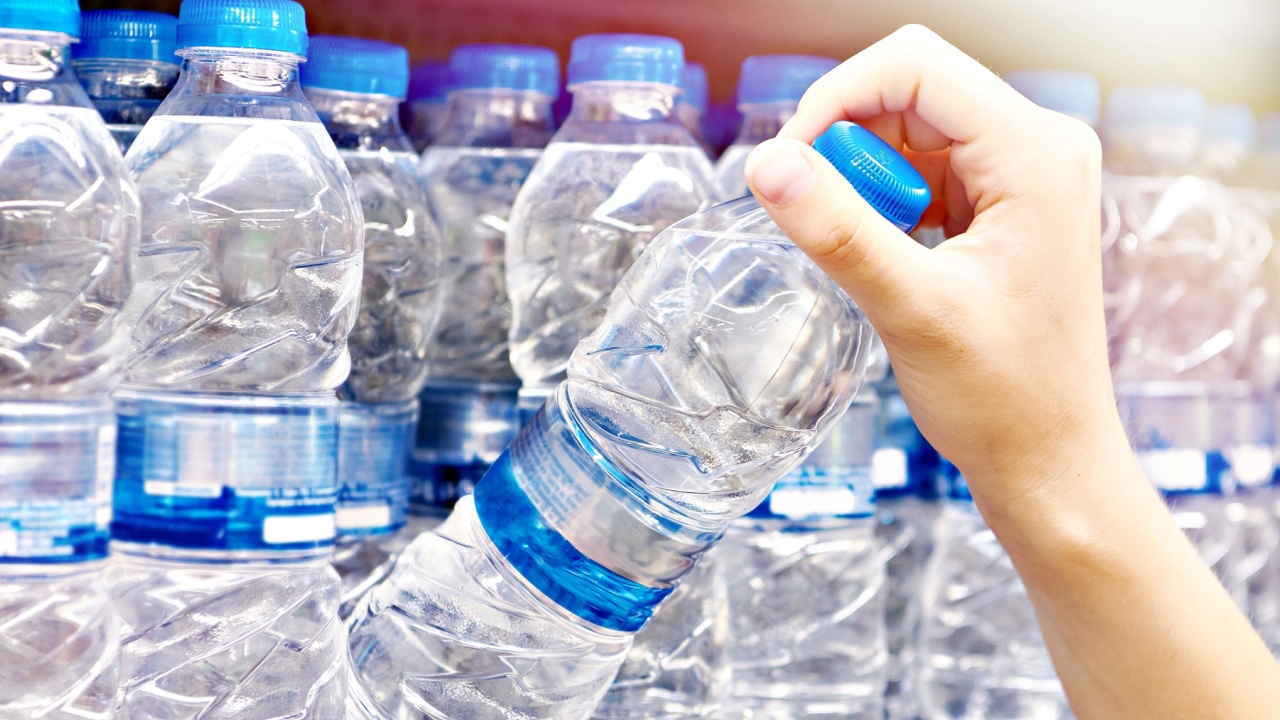
In the event of a biological threat, access to clean water may be limited. Store at least one gallon of water per person per day for a minimum of two weeks. Consider investing in a water filtration system or purification tablets to ensure your water supply remains safe to drink.
5. Gather Essential Medical Supplies

Create a comprehensive medical kit that includes items such as antibiotics, pain relievers, wound care supplies, and personal protective equipment (PPE) like gloves and face masks. Learn how to use these items properly and store them in a cool, dry place.
6. Invest in a High-Quality Air Filtration System

A high-quality air filtration system can help remove biological agents from the air inside your home. Look for a system with a HEPA filter, which can trap 99.97% of particles that are 0.3 microns or larger. Regularly maintain and replace filters to ensure optimal performance.
7. Seal Your Home

In the event of a biological threat, you may need to shelter in place. Seal your home by closing all windows and doors, and use duct tape and plastic sheeting to cover any gaps or cracks. This will help prevent biological agents from entering your living space.
8. Practice Good Hygiene

Maintaining good hygiene is crucial for preventing the spread of biological agents. Wash your hands frequently with soap and water, especially before eating or touching your face. Regularly clean and disinfect high-touch surfaces, such as doorknobs and countertops.
9. Have a Communication Plan

During a biological threat, staying informed is essential. Invest in a reliable communication device, such as a hand-crank or battery-powered radio, to receive updates from local authorities. Establish a communication plan with family members and designate an out-of-area contact who can relay messages.
10. Learn Basic First Aid and CPR

In a crisis situation, medical help may not be readily available. Take the time to learn basic first aid and CPR skills, which can be life-saving in an emergency. Consider taking a course through the American Red Cross or a local community organization.
11. Maintain a Healthy Lifestyle

A strong immune system is your best defense against biological threats. Maintain a healthy lifestyle by eating a balanced diet, exercising regularly, and getting enough sleep. Consider taking supplements, such as vitamin C and D, to boost your immune function.
12. Have a Plan for Your Pets

Don’t forget about your furry friends when preparing for a biological threat. Store extra food, water, and supplies for your pets, and make sure they are up-to-date on vaccinations. If you need to evacuate, have a plan in place for transporting your pets safely.
13. Stay Informed and Connected
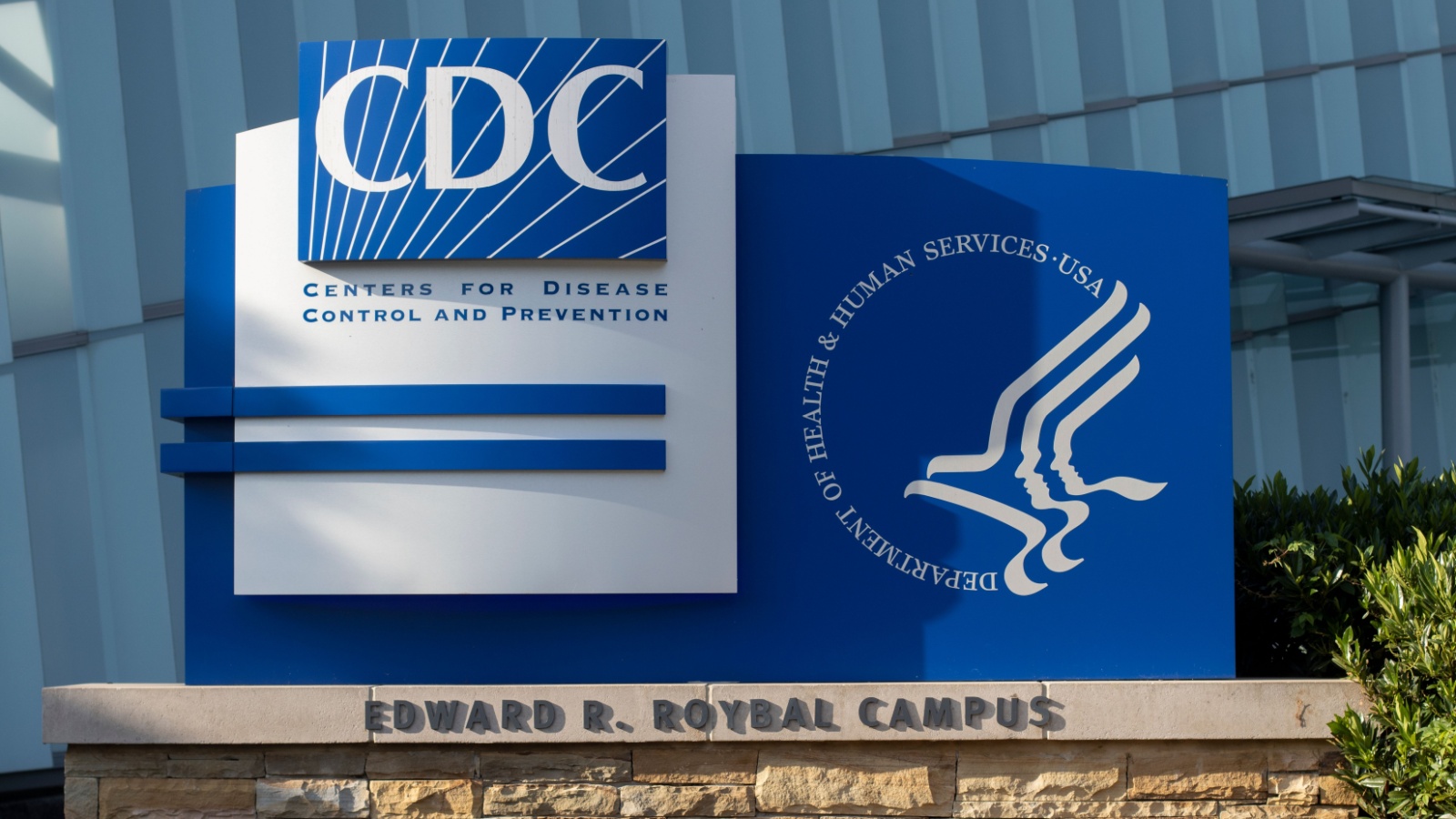
Keep up-to-date with the latest information about potential biological threats in your area. Follow reliable news sources and government agencies, such as the Centers for Disease Control and Prevention (CDC) and the World Health Organization (WHO). Join local prepper or homesteader groups to share knowledge and resources.
14. Practice Situational Awareness

Be aware of your surroundings and stay alert for any signs of a biological threat, such as unusual symptoms or a sudden increase in illness within your community. Trust your instincts and take action if something doesn’t feel right.
15. Have a Decontamination Plan
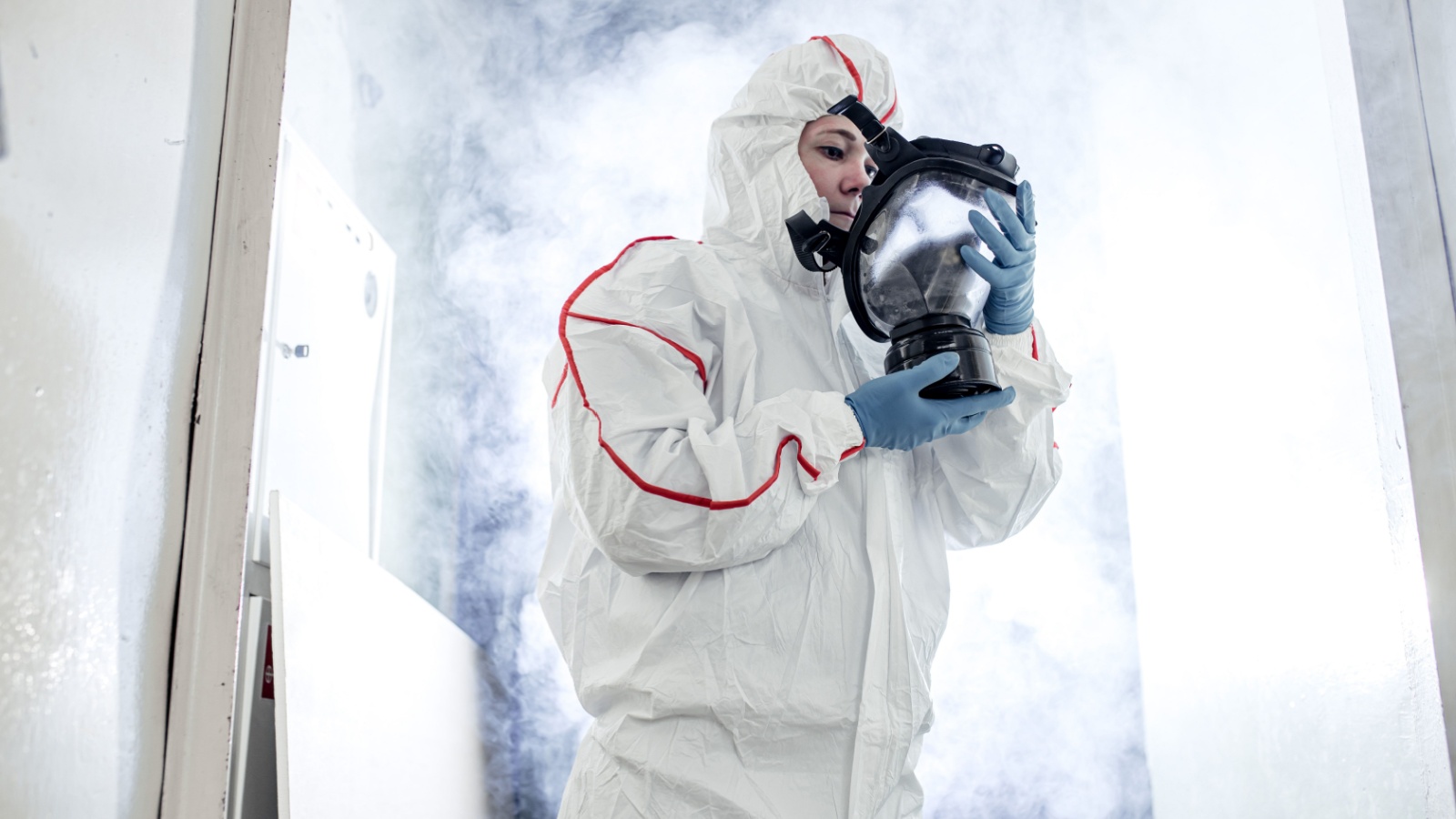
In the event of exposure to a biological agent, having a decontamination plan is crucial. Set up a designated decontamination area outside your home, and stock it with supplies such as soap, water, and disposable clothing. Learn proper decontamination procedures to minimize the risk of spreading the agent.
16. Consider Investing in a Safe Room

If space and resources allow, consider building a safe room within your home. This room should be equipped with essential supplies, such as food, water, and medical items, and should have a fortified door and air filtration system. A safe room can provide a secure haven during a biological threat.
17. Maintain a Positive Mindset

Preparing for a biological threat can be mentally and emotionally taxing. Maintain a positive mindset by focusing on the steps you can take to keep yourself and your family safe. Engage in stress-reducing activities, such as meditation or hobbies, and prioritize mental health as part of your overall preparedness plan.
20 Crucial Supplies for Surviving a Societal Collapse

In the face of uncertainty, being well-prepared gives you at least some degree of control and security. The thought of a societal collapse, while extreme, prompts us to consider how we might endure without the conveniences of our current lifestyle. Here’s a list of 20 essential items that could prove indispensable in such a scenario. This guide isn’t about succumbing to fear but embracing preparedness and resilience.
14 Essential Canned Goods for Your Emergency Pantry
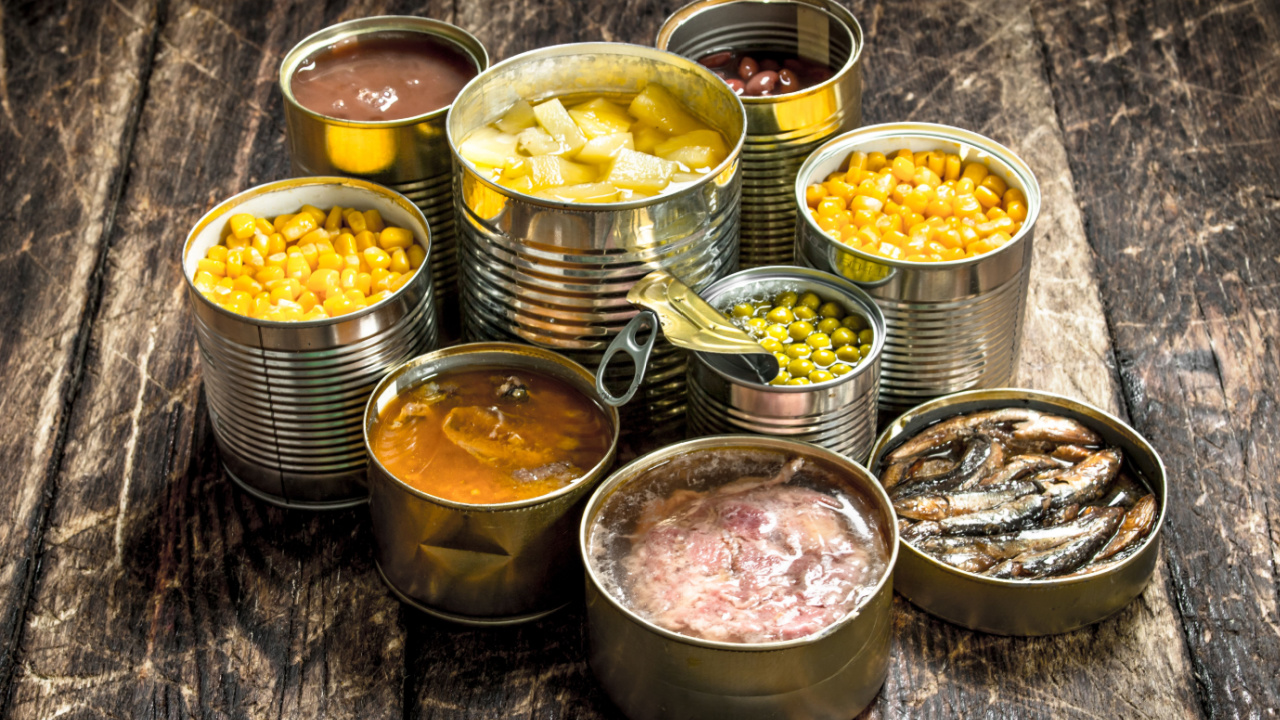
I firmly believe in keeping a well-stocked emergency pantry. While fresh food is ideal, in a survival situation, we may not be that lucky. So, for my family, even though we grow a lot of our own food, canned goods play a crucial role in emergency preparedness. They offer a reliable source of nutrition when access to fresh produce may be limited. The goods you stockpile should be affordable, easy to store, and full of nutrition.
Best Regions in the U.S. to Escape to When Society Collapses

Choosing a refuge in the event of societal collapse involves weighing the pros and cons of each location against your personal preparedness goals and abilities. Whether you’re drawn to the solitude of the desert or the protective heights of the mountains, the key is finding a place that offers safety and the opportunity for growth and renewal.

